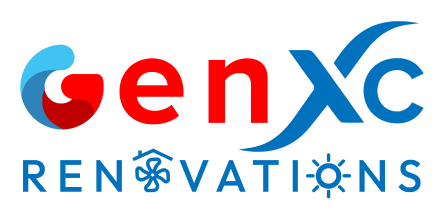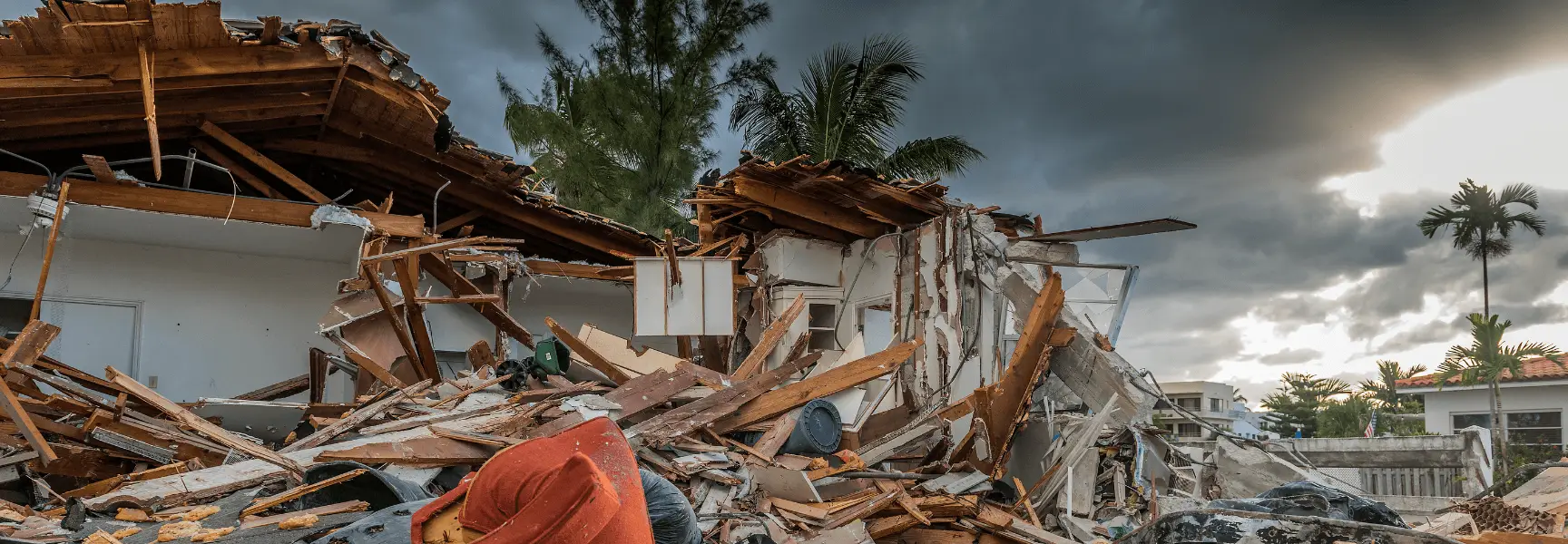Did you know that Florida experiences more hurricanes than any other state, with over 120 storms hitting our coast since 1851? As climate change continues to impact weather patterns, it’s crucial to understand what the future holds for hurricanes in Florida and how you can prepare your business to withstand these powerful storms. In this article, we’ll explore the future of hurricanes, provide preparation tips, and discuss how solar energy can play a vital role in your hurricane preparedness strategy. Whether you own a beachfront restaurant in Key West or a tech startup in Orlando, this guide will help you protect your investments and ensure your business’s resilience.
The Future of Hurricanes in Florida
Climate Trends: Climate change is increasing the frequency and intensity of hurricanes. Warmer sea surface temperatures provide more energy for storms, making them more powerful. According to NOAA, the number of Category 4 and 5 hurricanes has increased significantly over the past few decades, and this trend is expected to continue. By 2050, the frequency of these severe storms could double.
Predictions: The National Oceanic and Atmospheric Administration (NOAA) predicts that future hurricanes will not only be more intense but also bring higher rainfall rates, leading to more severe flooding. Rising sea levels exacerbate storm surges, increasing the risk of coastal flooding. For Florida, this means more frequent and severe impacts from hurricanes. The Intergovernmental Panel on Climate Change (IPCC) also notes that with every degree Celsius of global temperature increase, the atmosphere can hold 7% more moisture, contributing to heavier rainfall during storms.
Impact on Businesses: Increased hurricane activity can lead to more frequent power outages, physical damage to properties, and disruptions to business operations. For instance, Hurricane Irma in 2017 caused an estimated $50 billion in damage and left 6.5 million Floridians without power. Businesses faced significant downtime, loss of revenue, and the costs of repairs and restoration. It’s clear that preparation is key to mitigating these impacts and ensuring business continuity. The Florida Division of Emergency Management emphasizes that planning ahead can reduce the damage and speed up recovery.
How to Prepare for Hurricanes
1. Risk Assessment: Start by evaluating your business’s vulnerability to hurricanes. Use tools like FEMA’s flood maps to understand your risk of flooding and storm surge. Consider factors such as your building’s location, elevation, and proximity to the coast. Assessing these risks will help you prioritize which areas of your business need the most attention. Don’t forget to check your insurance policies to ensure they cover hurricane-related damages.
2. Business Continuity Plan: Develop a comprehensive business continuity plan that includes emergency contacts, evacuation routes, and procedures for protecting critical data and assets. Make sure to include steps for maintaining communication with employees and customers during and after a storm. Regularly review and update your plan, and conduct drills to ensure everyone knows their roles and responsibilities. The Small Business Administration (SBA) offers resources and templates to help create a robust continuity plan.
3. Physical Preparations: Fortify your business premises by installing storm shutters, reinforcing doors and windows, and securing your roof. Consider flood barriers if you’re in a high-risk area. Ensure that all outdoor equipment and loose items are secured or stored away before a storm hits. These physical measures can significantly reduce the risk of damage to your property. According to the Insurance Institute for Business & Home Safety (IBHS), proper preparation can reduce hurricane damage by up to 80%.
4. Backup Power Solutions: Invest in a backup generator or a solar energy system with battery storage to keep your business running during power outages. Solar panels with battery storage can provide reliable power during and after a storm, reducing your dependency on the grid. This investment can ensure that critical systems remain operational, minimizing downtime and maintaining service to your customers. The National Renewable Energy Laboratory (NREL) notes that solar-plus-storage systems can provide power for days when the grid is down.
Sustainable Practices for Hurricane Preparedness
Solar Energy Systems: Solar energy systems with battery storage can provide a reliable power source during and after a hurricane. According to the Solar Energy Industries Association (SEIA), solar installations in the U.S. have increased by more than 2,000% over the past decade, thanks to their reliability and cost-effectiveness. Solar panels are durable and can withstand high winds, making them a resilient energy solution for hurricane-prone areas. Additionally, the U.S. Department of Energy highlights that solar systems can be designed to endure wind speeds up to 140 mph.
Energy Efficiency Improvements: Upgrading to energy-efficient appliances and lighting not only lowers your power bills but also reduces the load on your backup power systems during an outage. The U.S. Department of Energy offers guidelines on energy efficiency improvements that can enhance your business’s resilience. Consider implementing measures such as LED lighting, energy-efficient HVAC systems, and smart thermostats to reduce your overall energy consumption. These improvements can also qualify you for additional incentives and rebates.
Green Building Materials: Using green building materials can make your premises more resilient to hurricane damage while also meeting sustainability goals. Materials such as impact-resistant windows and doors, and roofing designed to withstand high winds, can provide additional protection. These materials not only enhance your building’s durability but also contribute to a more sustainable and energy-efficient structure. The U.S. Green Building Council (USGBC) provides guidelines on selecting materials that improve both resilience and sustainability.
Compliance with Sustainable Regulations
Local Regulations: Florida’s Building Code requires certain standards for hurricane resistance. These regulations ensure that buildings are constructed to withstand the impact of high winds and storm surges. Additionally, there are incentives for businesses that invest in renewable energy and energy efficiency. Familiarize yourself with these regulations to ensure your business is compliant and to take advantage of available benefits. The Florida Department of Business and Professional Regulation (DBPR) offers resources on the latest building codes and standards.
Federal Programs: Programs like the Federal Investment Tax Credit (ITC) for solar installations can offset some of the costs of making your business more resilient and sustainable. The ITC allows you to deduct 30% of your solar installation costs from your federal taxes, significantly reducing your upfront investment. Other federal programs, such as the SBA’s Disaster Loan Program, can provide financial assistance for businesses affected by hurricanes. The Federal Emergency Management Agency (FEMA) also offers grants and funding for disaster preparedness and mitigation projects.
Industry Standards: Adhering to LEED certification standards can enhance your building’s resilience while promoting sustainability. LEED-certified buildings are designed to be energy-efficient and durable, providing long-term savings and protection. Following these standards can also improve your business’s reputation and appeal to eco-conscious customers. The U.S. Green Building Council (USGBC) offers resources and certification programs to help businesses achieve LEED standards.
In conclusion...
To recap, preparing for the future of hurricanes in Florida involves understanding climate trends, making physical and operational preparations, adopting sustainable practices, and complying with regulations. Solar energy can play a crucial role in your hurricane preparedness strategy, providing reliable power and reducing your energy costs.
Ready to protect your business from hurricanes and reduce your energy bills? Fill out our form and let’s see if solar is a good fit for your business.



